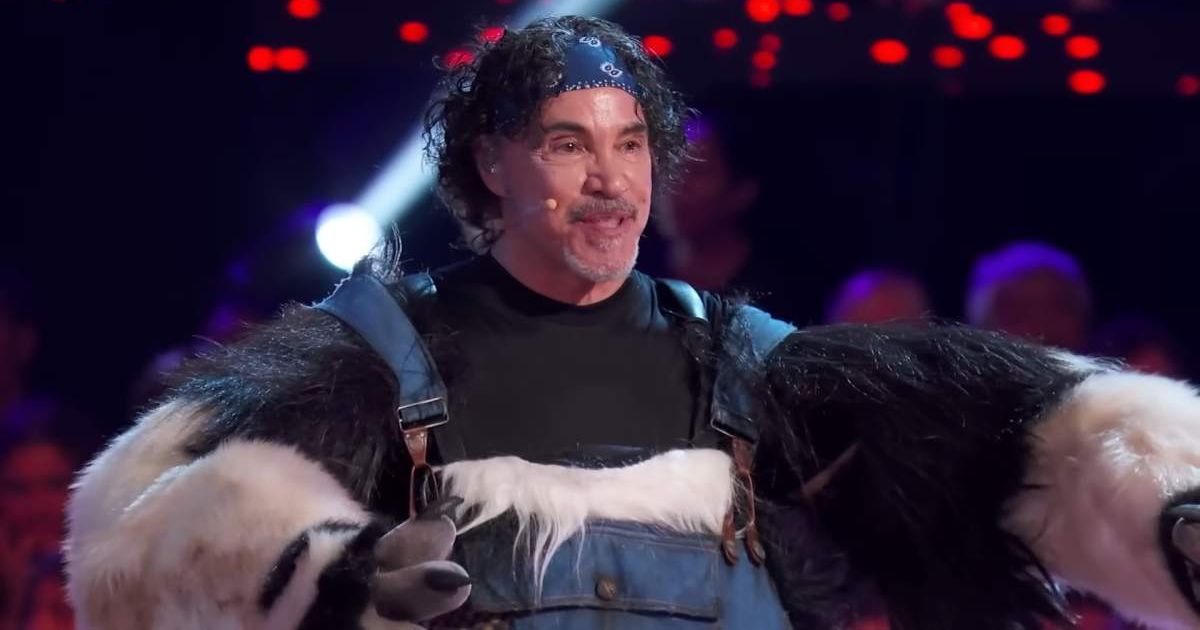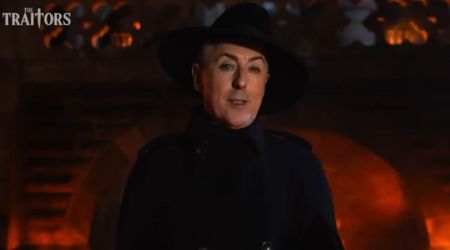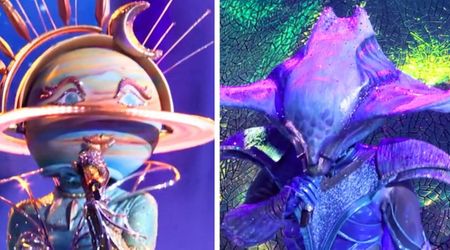John Oates says ‘The Masked Singer’ stint was ‘weird’ — but that sense of freedom inspired new music

John Oates has spent decades in the spotlight, but his latest creative spark came from one of the most unconventional sources imaginable: a reality singing show known for elaborate costumes and wild guesses. The legendary musician is celebrated as one-half of 'Hall & Oates'. He released a new studio album titled ‘Oates,’ consisting of 13 tracks, on August 29, according to Rock Cellar. And he says much of the project traces back to his stint on Season 10 of ‘The Masked Singer.’ For longtime fans, it may sound unusual. After all, Oates has toured the world, sold millions of records, and performed in front of sold-out arenas.
View this post on Instagram
But for the Nashville-based artist, stepping onto ‘The Masked Singer’ stage dressed as the Anteater was both strange and freeing. It reignited his desire to experiment with music in new ways. During his time on the Fox series, Oates made it all the way to the Group C semifinals before being unmasked. His first performance was Marc Cohn’s ‘Walking in Memphis.’ It’s a soulful 1991 ballad that has long been a favorite among singer-songwriters. For Oates, the track became more than just a cover; it was the jumping-off point for his new record. “The Mark Cohn song is so great, but I wanted to give it a more up-tempo feel,” Oates said in an interview with Entertainment Weekly.
The result is a spirited, pop-driven version of the classic. Oates even invited electronic music producer Grabbitz to create a dance remix of his recording, giving the song yet another unexpected twist. "It's really cool — much more extreme,” Oates explained. “After having done ‘The Masked Singer’ and surviving that weird experience, I just said, ‘Well, got to record it now and put it on the record.’” Choosing to appear as the Anteater wasn’t accidental. The character was a tongue-in-cheek reference to 'Hall & Oates' 1982 chart-topping single 'Maneater.' Fans of the group caught the connection immediately, though Oates managed to keep the judges guessing for weeks.
Previously, he described the entire experience as surreal. "I'm in a point in my career where I can do anything I want, and it's fun to do something different. It happened to fall into a really good slot where I wasn't touring …” he said then. Oates continued, “I thought it would be a great way for me to do something different where I could sing and not have my voice and my personality connected to my past, which … I'm really making an effort to kind of leave my past in the past and move forward.” That sense of freedom motivated him to keep pushing forward creatively.
“It was kind of a motivation to say, 'Hey, you know what? I'm going to sing. No one's going to know who I am, and we'll see what happens. We'll see what they think.” Oates revealed. For Oates, the album represents more than just a collection of songs. It signals his ongoing effort to carve out an identity outside of the iconic duo he formed with Daryl Hall. That sentiment was also part of what drew him to 'The Masked Singer.' Competing anonymously meant the audience judged him on his vocals alone, without the baggage of his legacy. The judges compared his performances to rock icons like John Cougar Mellencamp, Bryan Adams, Billy Joel, and Bob Seger. Oates found the comparisons both “flattering and fun.”










